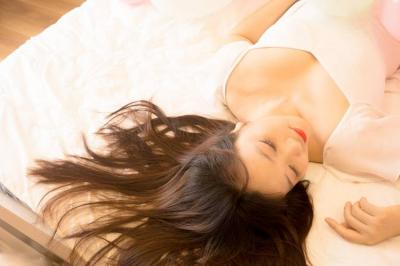If you prefer to sleep in the light, you might need to change your habit soon. A recent medical study has linked a dark sleeping environment to risks of heart disease and diabetes. The research conducted by researchers at Northwestern University in Chicago found that turning off all lights and closing curtains before sleep can reduce the risk of heart disease and diabetes.
The study, published in the Proceedings of the National Academy of Sciences, attributed the scientists' findings to the fact that the body cannot rest properly when exposed to bright light, leading to an increase in heart rate. The researchers noted that even dim light from natural or artificial sources during sleep can harm cardiovascular function and increase insulin resistance, as cells in muscles, fat, and the liver struggle to absorb glucose from the body.
The researchers discovered that moderate exposure to light caused the body to enter a state of alertness, which was accompanied by an increase in heart rate as well as the strength of contractions and the rate at which blood is delivered through the body's blood vessels for oxygenated blood flow.
Commenting on the study's results, Phyllis Zee, head of sleep medicine at Northwestern University, stated: "The study shows the harm of exposure to light during sleep, as it can weaken glucose regulation and metabolism." She added, "It is important for people to avoid or reduce the amount of light exposure during sleep." Zee further stated, "In addition to sleep, nutrition, and exercise, exposure to light during the day is an important health-supporting factor, but at night even moderate light levels can weaken cardiovascular and endocrine health measures," according to the British site "I News."




